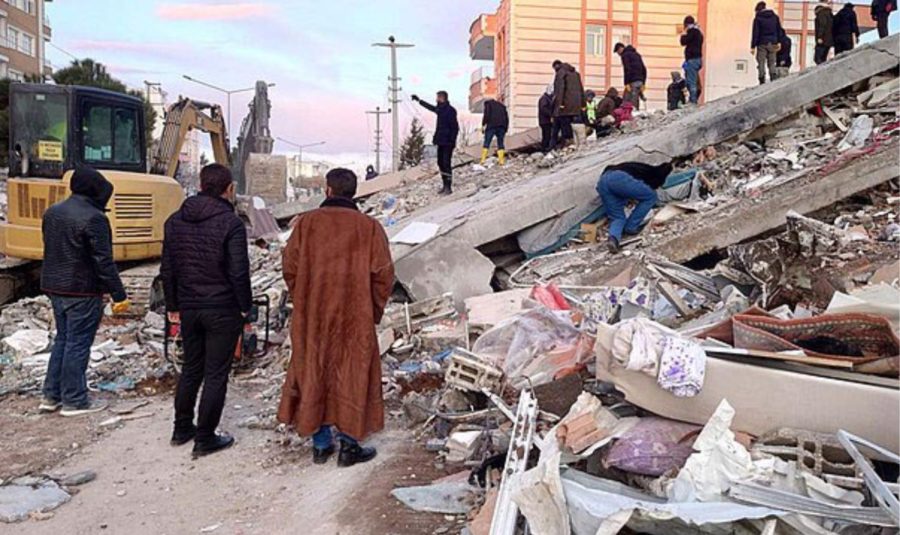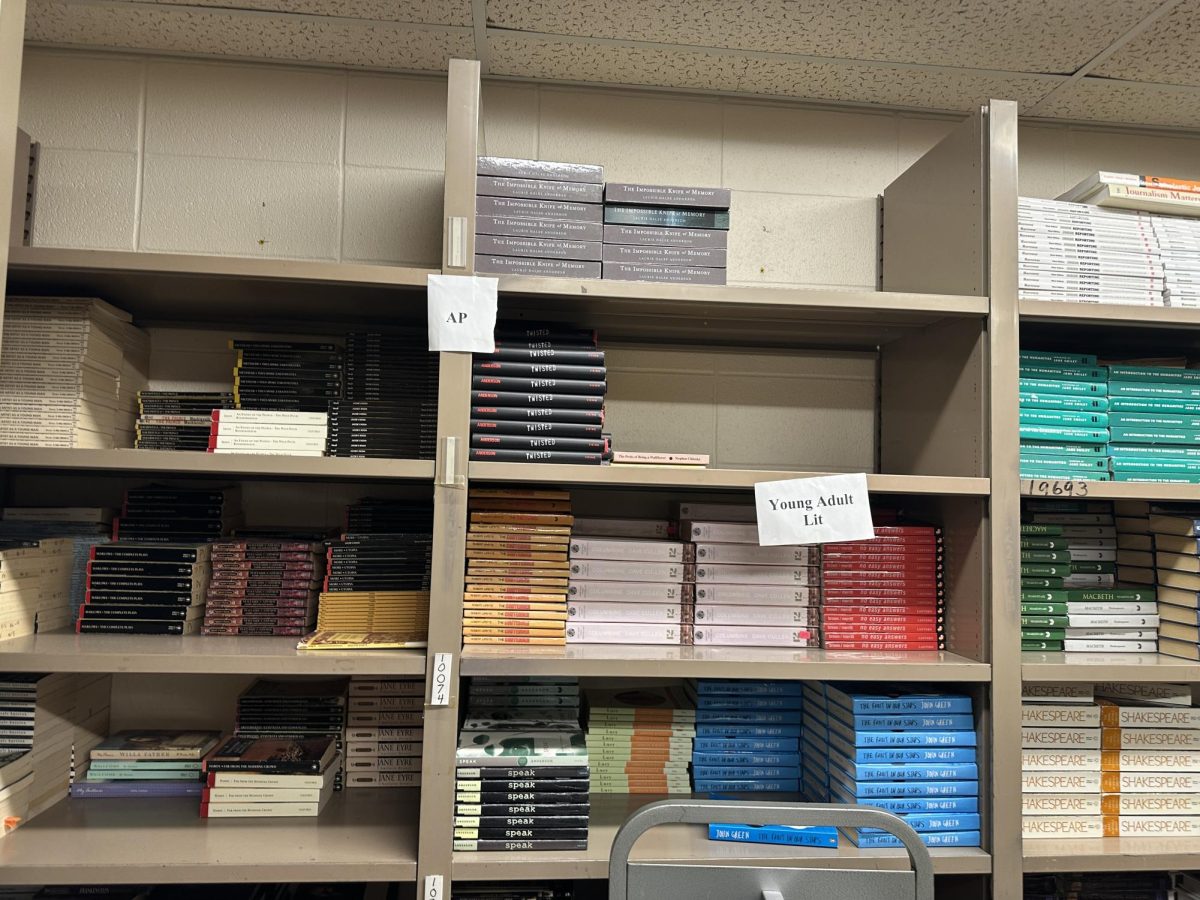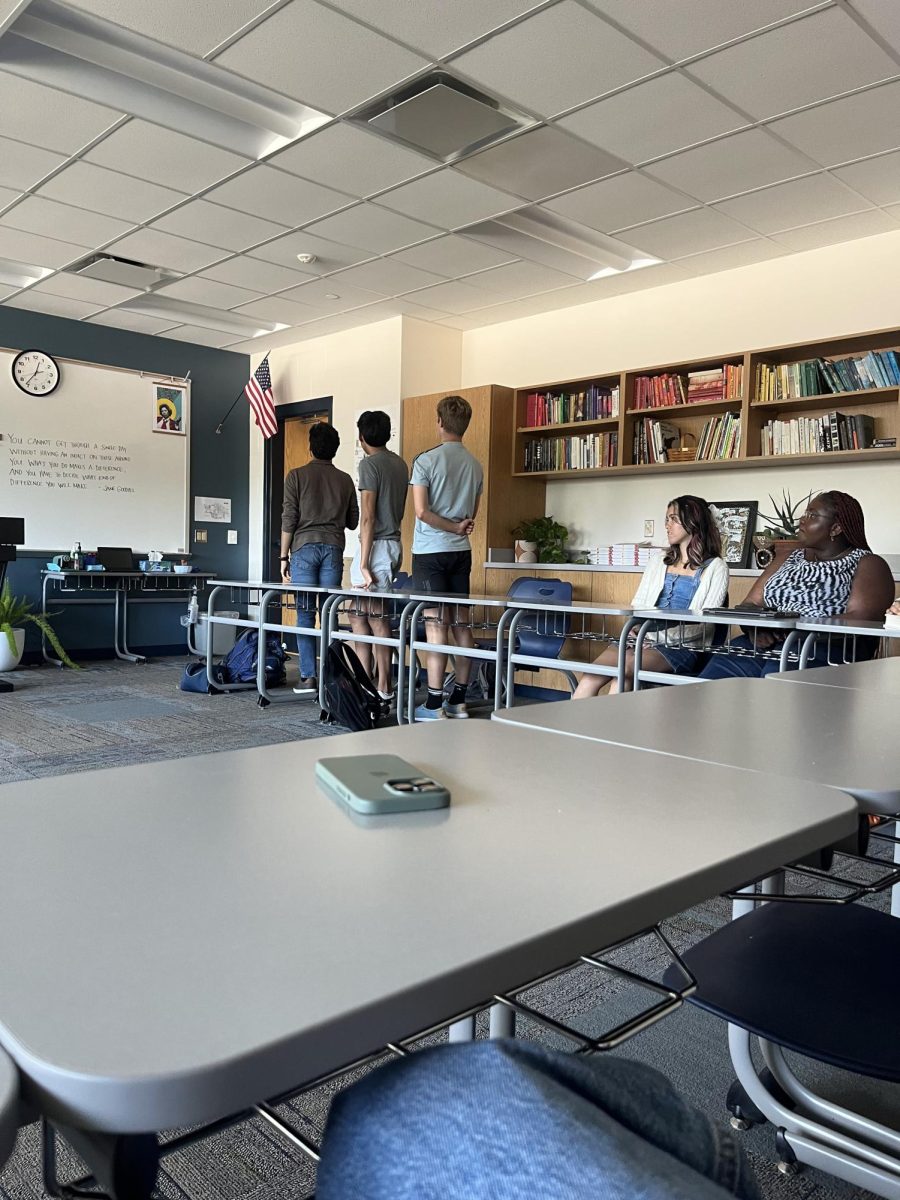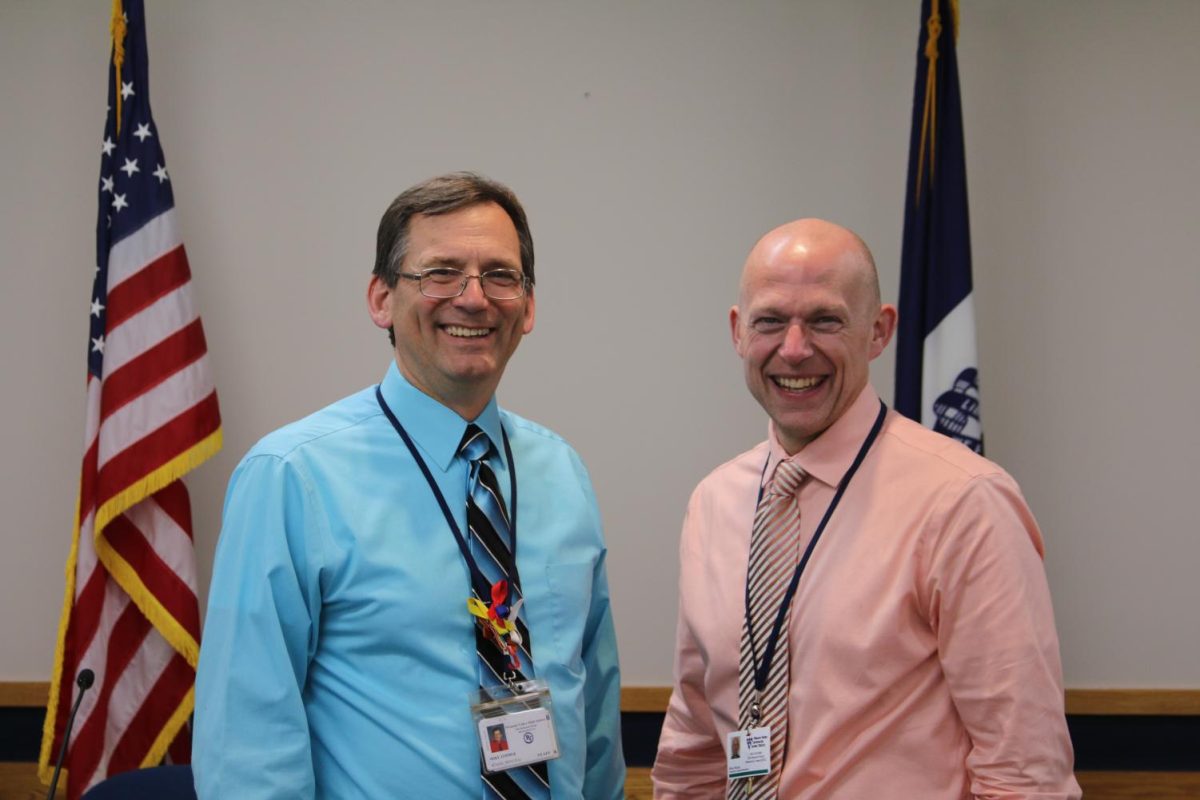On Feb. 6, innocent Turkish and Syrian civilians were left at the mercy of mother nature’s wrath as a devastating earthquake of 7.8 magnitude struck in the early morning. The cities near Gaziantep and Ekinzou are left ravaged as populations still attempt to process the loss of their homes, family members and livelihoods.
Located on the edge of the Arabian and Anolonian tectonic plates, the affected regions are notorious for their susceptibility to potent earthquakes. However, tremors of this scale are not a frequent occurrence; the leader of the Institute for Risk and Disaster Reduction at University College London, Professor Joanna Faure Walker, explained, “Of the deadliest earthquakes in any given year, only two in the last ten years have been of equivalent magnitude, and four in the previous ten years.”
Claiming the lives of over 41,000 citizens and counting, the severity of the most recent disaster measures significantly greater than its predecessors. A continuous rise in the death toll is predicted as considerably more bodies are expected to be recovered.
PV graduate Ela Ersan unfortunately knows people who have directly been affected by the aftermath of the earthquakes in Turkey: her grandmother’s physical therapist and his family. “His parents and sister lived in an area directly where the earthquakes hit. He lives in Istanbul and drove 14 hours to get to them. He amazingly found his parents and was able to talk to his mom through the rubble but could not see her,” she shared. “He purchased a backhoe from someone and desperately worked tirelessly to try to get her out. They were able to talk and say prayers together, but unfortunately she stopped responding, and he learned she had passed away. He continues to look for his sister who is still missing.”
Although the catalyst of the ongoing devastation is undoubtedly the earthquake, an underlying force stands responsible for the growing number of civilian lives lost.
The true culprit of this tragedy is the Syrian civil war and the extended ripples from its effect.
In 2011, citizens of Syria began to protest peacefully against President Assad’s dynastic regime but were met with violent resistance. The conflict quickly escalated, drawing two distinct sides: the regime and the rebel group. Advocating for political freedom, religious freedom and a democratic government, protests against Assad have sustained for the last 11 years, backed by Turkey, western powers and the Gulf States, with Russia and Iran primarily supporting the opposition.
Due to the torn nation’s unstable government, its citizens lack assistance and resources from their homes. The responsibility falls entirely upon third-party organizations to provide humanitarian aid. This is not a task without obstacles, as the long-standing effects of war on the country are causing problems.
Given the history of such calamities, specific preventive measures are expected to be fulfilled regarding the reconstruction of the cities in this area. Most security procedures concern the buildings, as they are prone to causing the bulk of the damage in the aftermath of most disasters.
After 1999, safety codes updated their standards to include the recommendation for copious amounts of steel and concrete to be used in the foundation of buildings because these materials resist destruction.
The affected regions lack the resources to uphold these regulations due to the twelve-year long civil-war rampaging through the area. Casualties in the wake of an earthquake are inevitable, but without the effects of the civil war, the number of deaths could have been reduced with continuous care for the buildings.
The lack of upkeep has led to more problems such as restricted access to the affected areas from outside aid. This has created a vicious cycle of hurting instead of helping.
The greatest impact was felt in a city known as Idlib, where half a million Syrian refugees were affected. Organizations will attempt to deliver aid and supplies to these individuals swiftly, but it will be impossible as Syria is a war-torn country with only one approved entry point.
Any attempt to provide aid is bound by the restrictions placed by the Syrian government. The Turkish government must also approve it as Idlib is a region with territorial political issues.
Ersan recognizes how these political conflicts have exacerbated the aftermath issues of the earthquakes. “Turkey is said to be the bridge that connects Europe and the Middle East. However, in recent years, the economy has not been very good there, and Turkey has also taken on the burden of conflicts of other countries around it,” she said. “Türkiye has taken in millions of Syrian refugees, which has also made the already overpopulated cities even more crowded.
This has put a new strain on the country and has complicated matters.”
In addition to political red tape, physical limitations stand in the way of aid being delivered. The most direct access to all the affected regions is through the city of Gaziantep, but due to the damage caused by fallen buildings, it itself is not in a suitable condition to be a medium, blocking off many sources of aid.
Citizens of Syria continue to suffer as its government also holds back on helping them. In some regions of the country, sanctions placed by the US and other European governments stop any aid from being taken by the Syrian government for their use.
The US placed sanctions known as the Caesar Act to create accountability for Syria’s war crimes against its citizens. It is now being used as political leverage by the regime, as the director of Syria’s Red Crescent called for lifting sanctions in return for providing aid.
The United Nations currently leads the ongoing aid efforts and urges all countries involved in the political conflict to allow any aid to be let through.
For nations lacking involvement in political conflicts, getting aid or even helping themselves would not be such a strained process, but the same does not apply to Syria. Caught in the crossfire of political struggles and long-standing effects of the civil war, innocent Syrian civilians lie in peril.
















Jalen Miles • Feb 24, 2023 at 3:44 pm
This article provides a vast amount of information on the condition of Turkey and Syria after the earthquake. It tells the readers the amount of loss these people have witnessed, not only to war but to the earthquake as well.